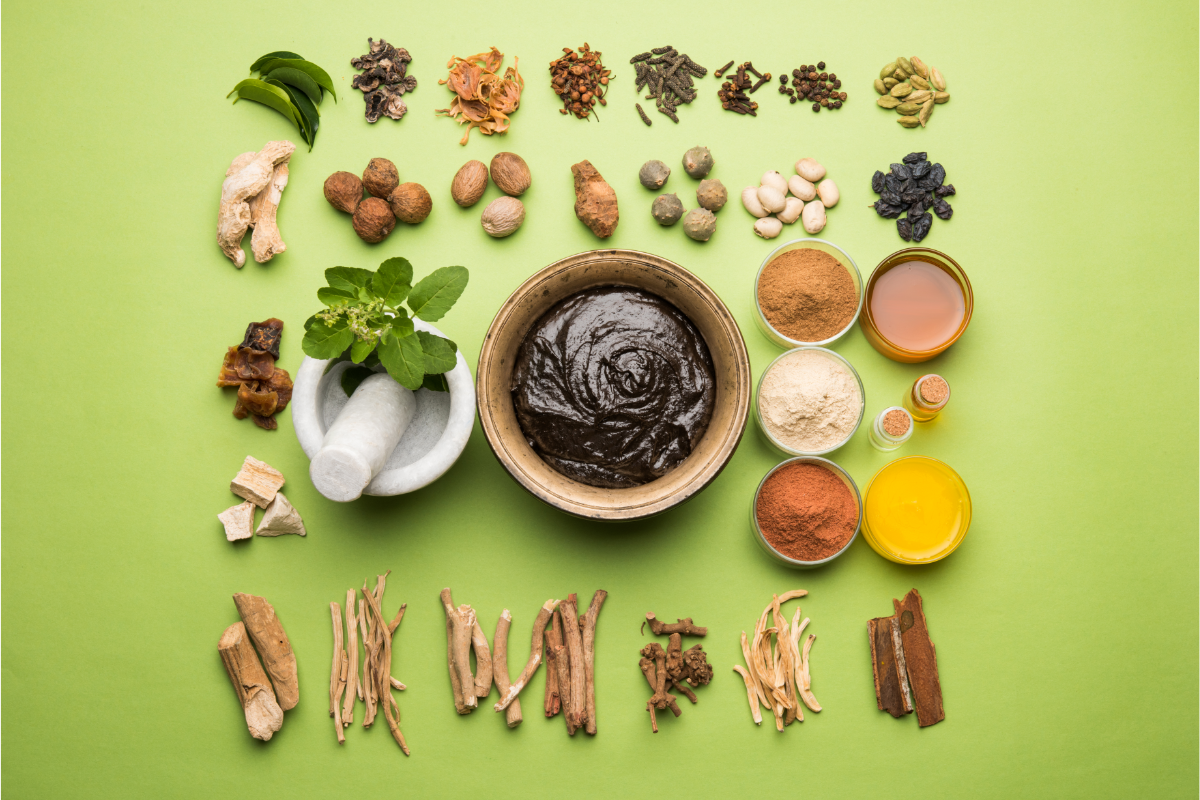Ashwagandha is one of the most important plants inAyurveda, which is a traditional form of alternative medicine based on Indian principles of natural healing.
What is ashwagandha?
“Ashwagandha” means “smell of the horse” in Sanskrit. Indeed, this refers to both the smell of the plant as well as its potential to increase strength. In addition, its botanical name is Withania somnifera. Note that it is also known by several other names, including “Indian ginseng” and “winter cherry”. Ashwagandha is a small shrub with yellow flowers, native to India and Southeast Asia. In fact, extracts or powder from the root or leaves of the plant are used to treat a variety of problems.
When should Ashwagandha be used?
Ashwagandha contains chemicals that may help calm the brain, reduce edema, lower blood pressure and alter the immune system.
For stress:
As anadaptogen, it is perhaps best known for its ability to reduce stress. Generally speaking, it is a substance that helps the body cope with stress. Ashwagandha appears to help control stress mediators, including heat shock proteins (Hsp70), cortisol and the stress-activated protein kinase c-Jun N-terminal (JNK-1). It also reduces the activity of the hypothalamic-pituitary-adrenal axis, a system in your body that regulates the stress response. Several studies have shown that ashwagandha supplementation can help relieve stress andanxiety.
Its impact on mental health:
There is some evidence to suggest that it may help reduce symptoms of mental disorders, including depression, in certain populations. In one study, researchers examined the effects of the herb in 66 people with schizophrenia who suffered from depression and anxiety. In comparison, they found that participants who took 1,000 mg of ashwagandha extract per day for 12 weeks had a greater reduction in depression and anxiety than those who took a placebo. Furthermore, results from another study suggest that taking ashwagandha may help improve total symptoms and perceived stress in people with schizophrenia. Finally, limited research from 2013 also suggests that ashwagandha may help improve bipolar disorder.
Its effect on sleep:
Many people use it to promote restful sleep. Indeed, there is some evidence to suggest that it can help withinsomnia. For example, a study of 50 adults aged 65 to 80 found that taking 600 mg of ashwagandha root daily for 12 weeks significantly improved sleep quality and mental alertness (compared to a placebo).
Its role in sports performance:
Research has shown that ashwagandha can have beneficial effects on sports performance and may be an interesting supplement for athletes. A review of the research included 12 studies of men and women who took doses of ashwagandha ranging from 120 mg to 1,250 mg per day. The results suggest that the herb can improve physical performance, including strength and oxygen utilisation during exercise. In addition, ashwagandha may help increase muscle strength. Indeed, in one study, male participants who took 600 mg of ashwagandha daily and participated in resistance training for 8 weeks experienced significantly greater gains in muscle strength and size compared to a placebo group.
Ashwagandha side effects & precautions:
- No change in the concentration of the following drugs: carbamazepine, phenytoin, phenobarbital, valproic acid, procainamide, N-acetyl procainamide, theophylline, gentamicin, tobramycin, paracetamol, salicylic acid
- Possible interference with digoxin, as ashwagandha alkaloids have a structural analogy with this molecule
- Avoid in case of hyperthyroidism
Soin & Nature’s darling products:
Elodie, Naturopath & Paleo coach.
Sources:
https://pubmed.ncbi.nlm.nih.gov/23439798/
https://www.ncbi.nlm.nih.gov/pmc/articles/PMC7696210/
https://pubmed.ncbi.nlm.nih.gov/23439798/







